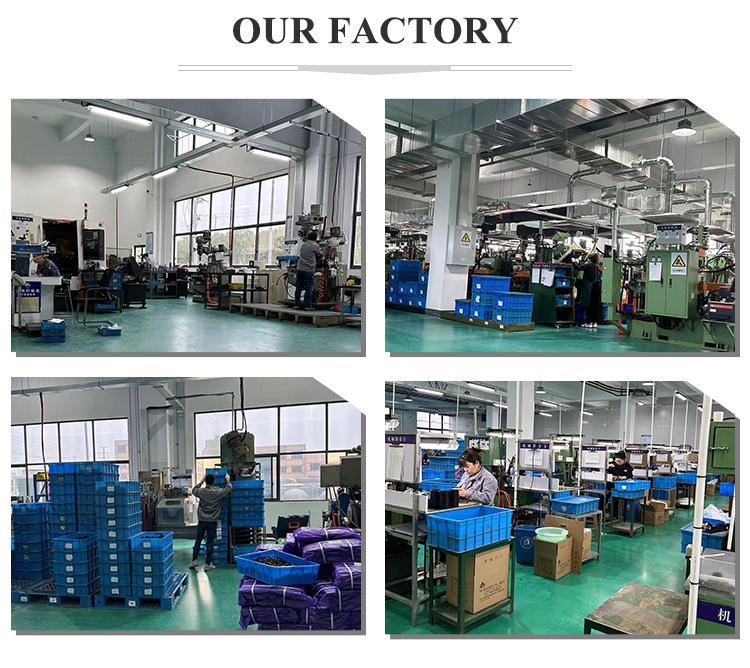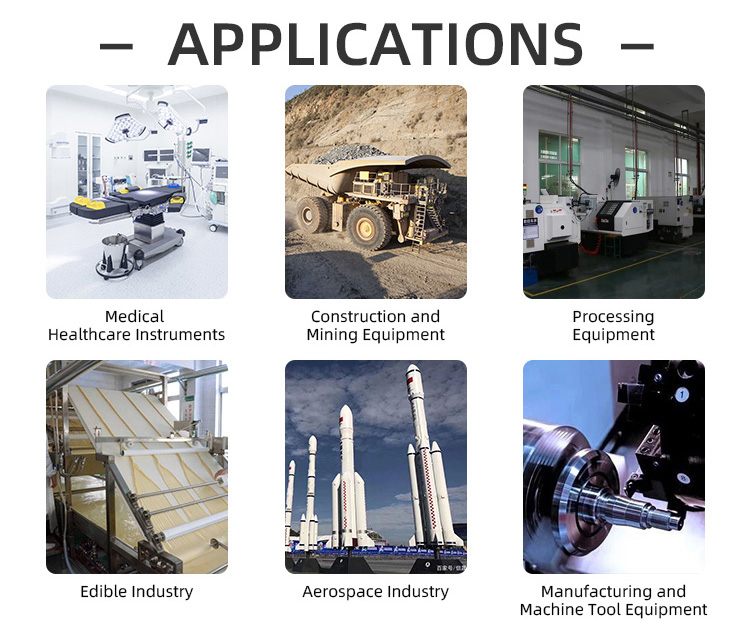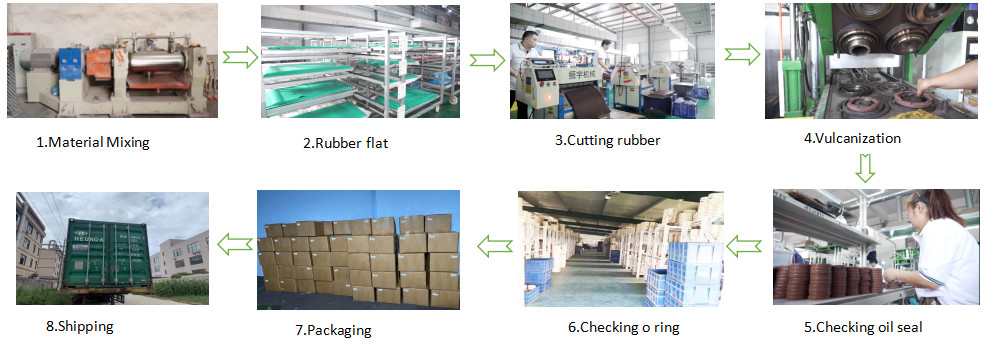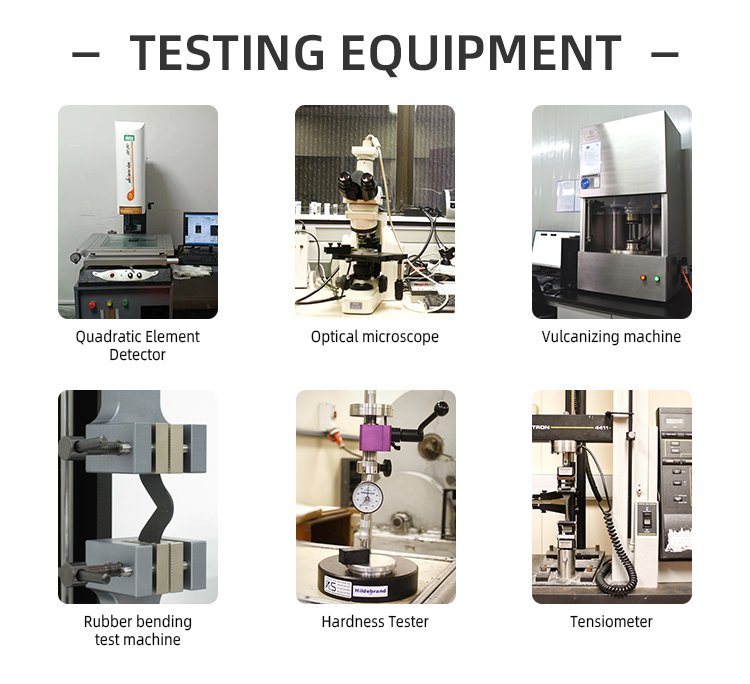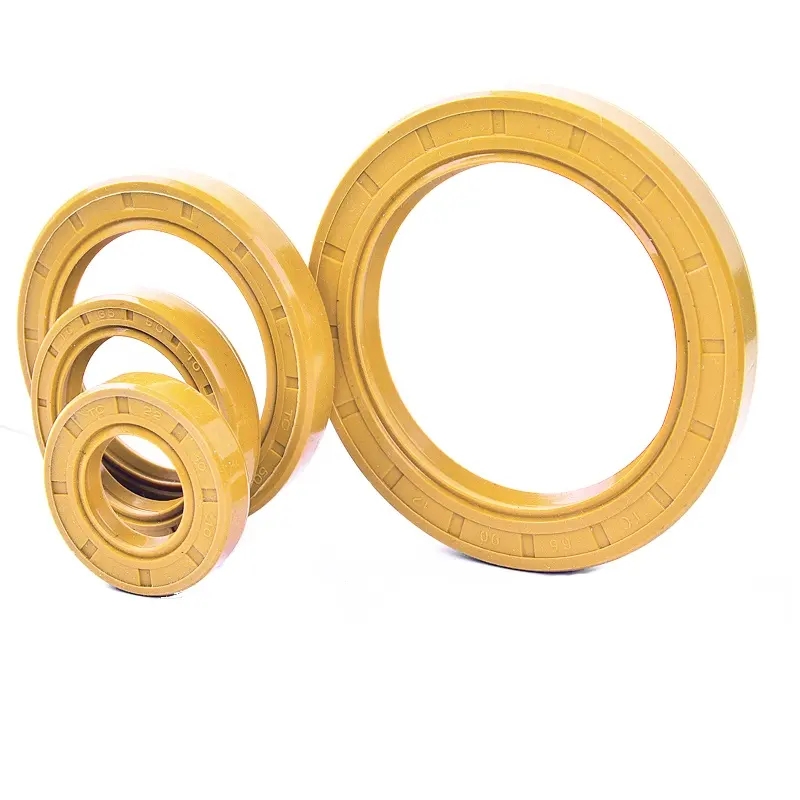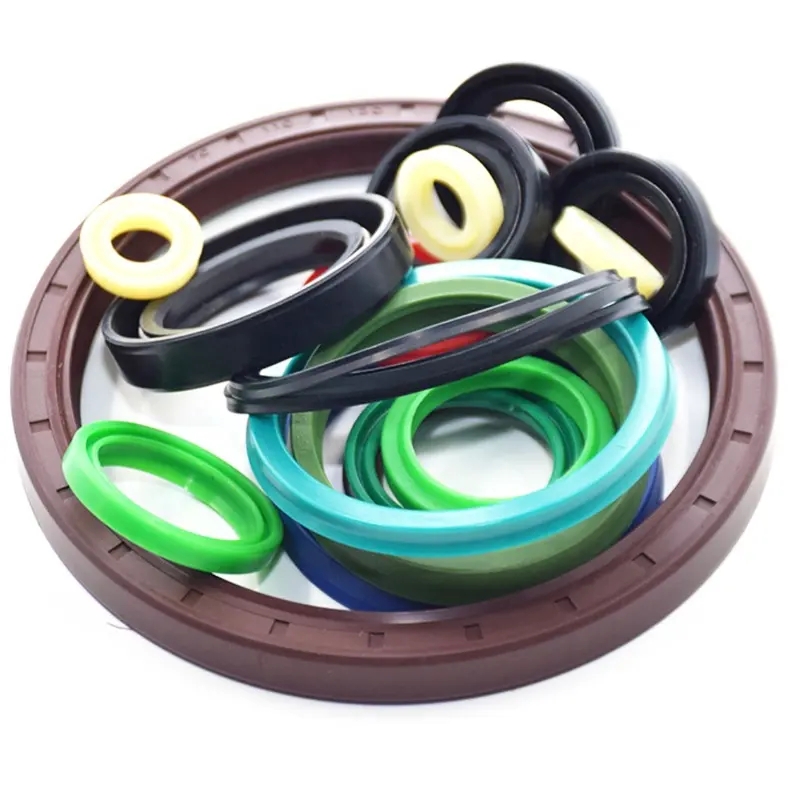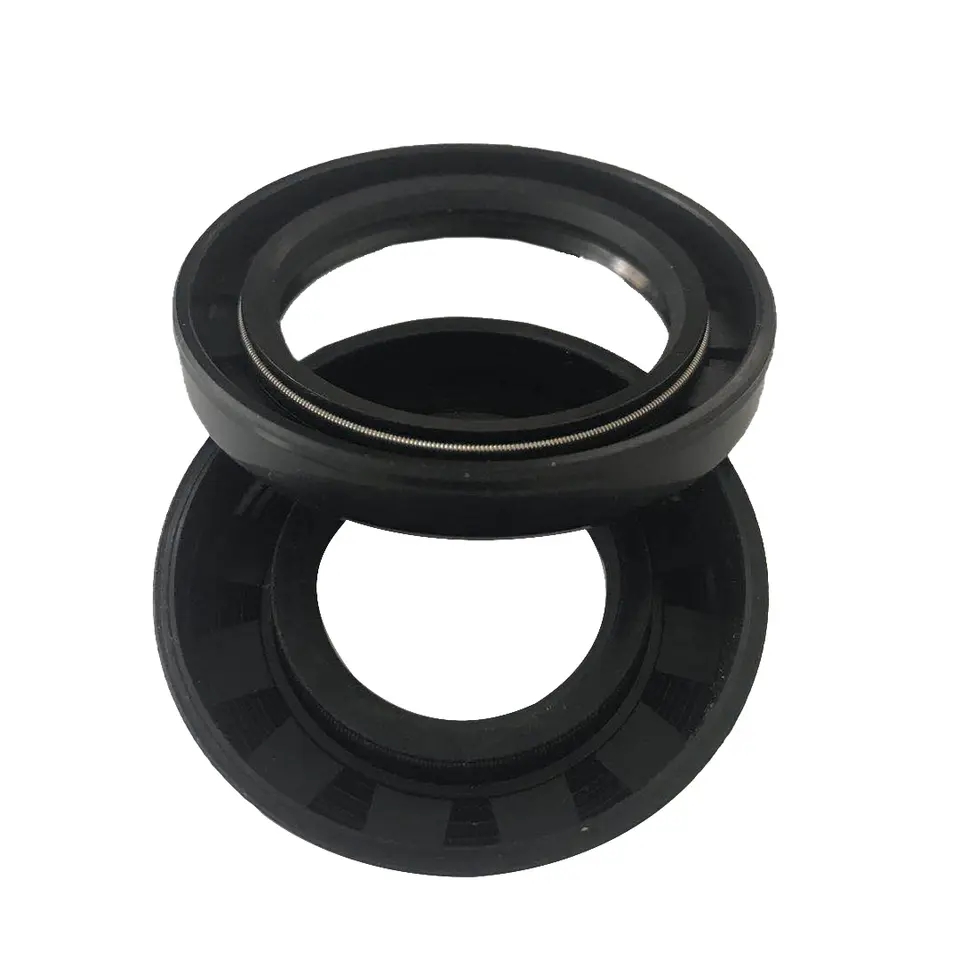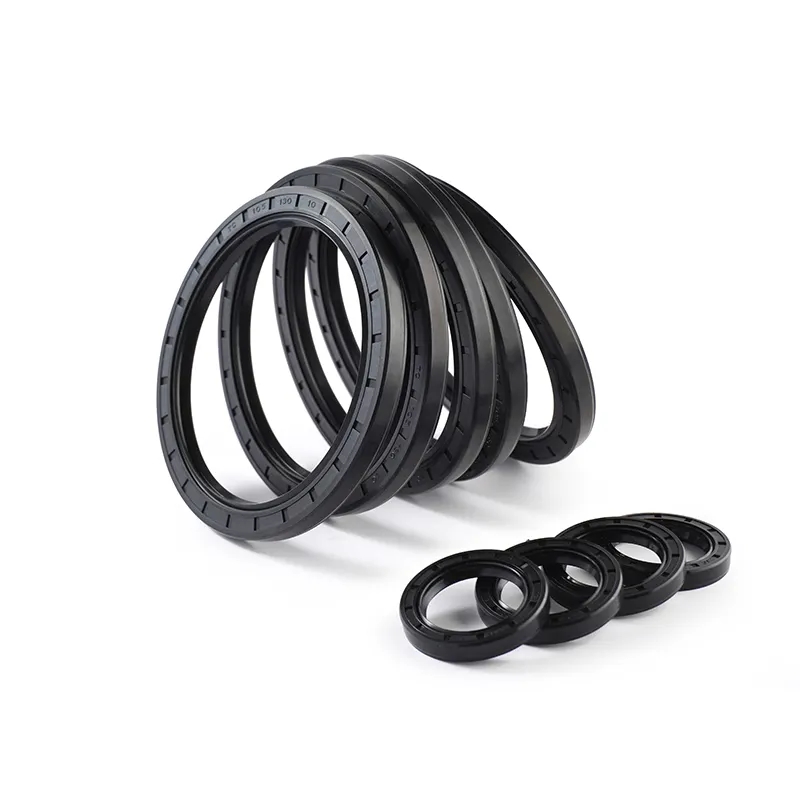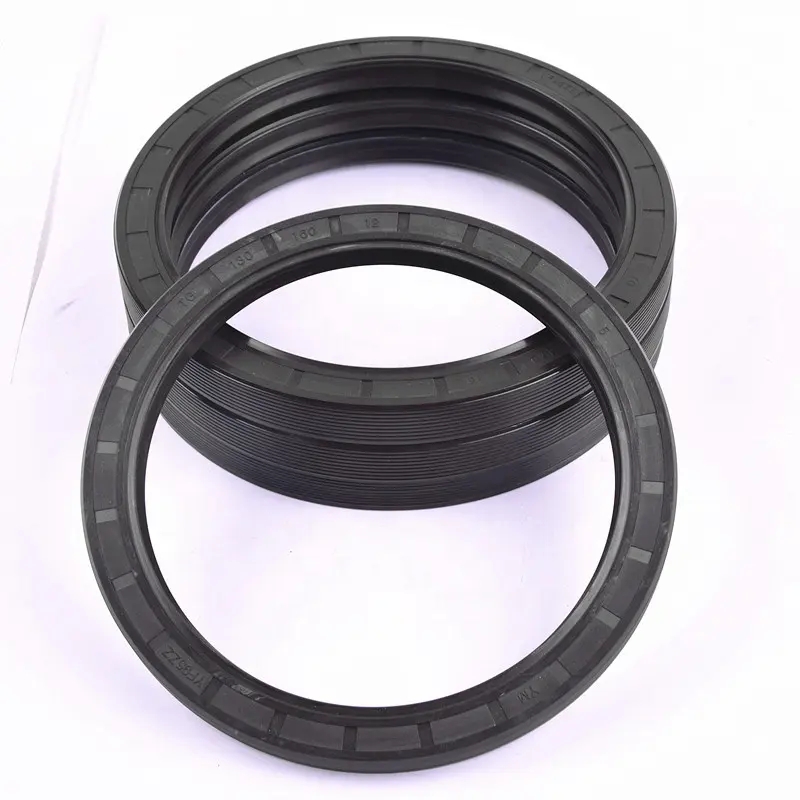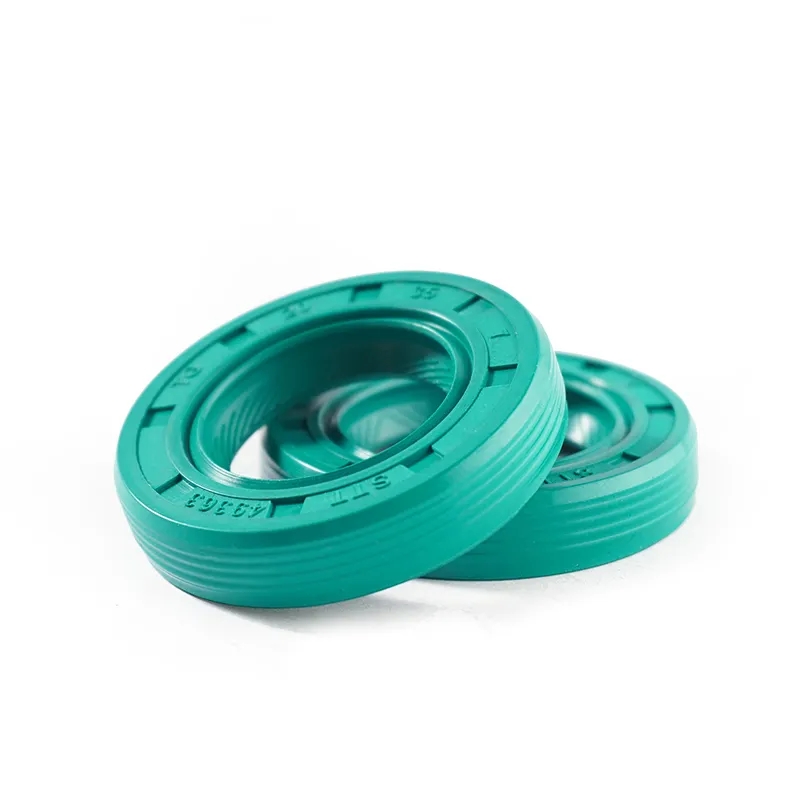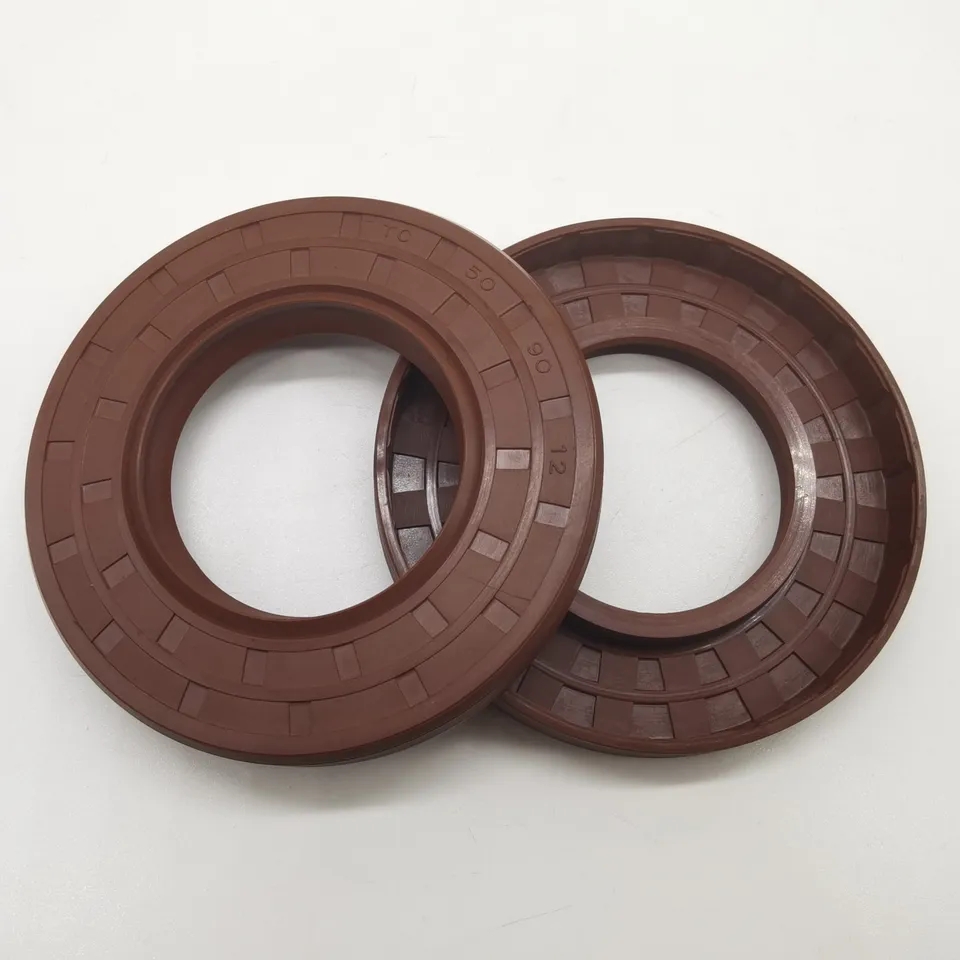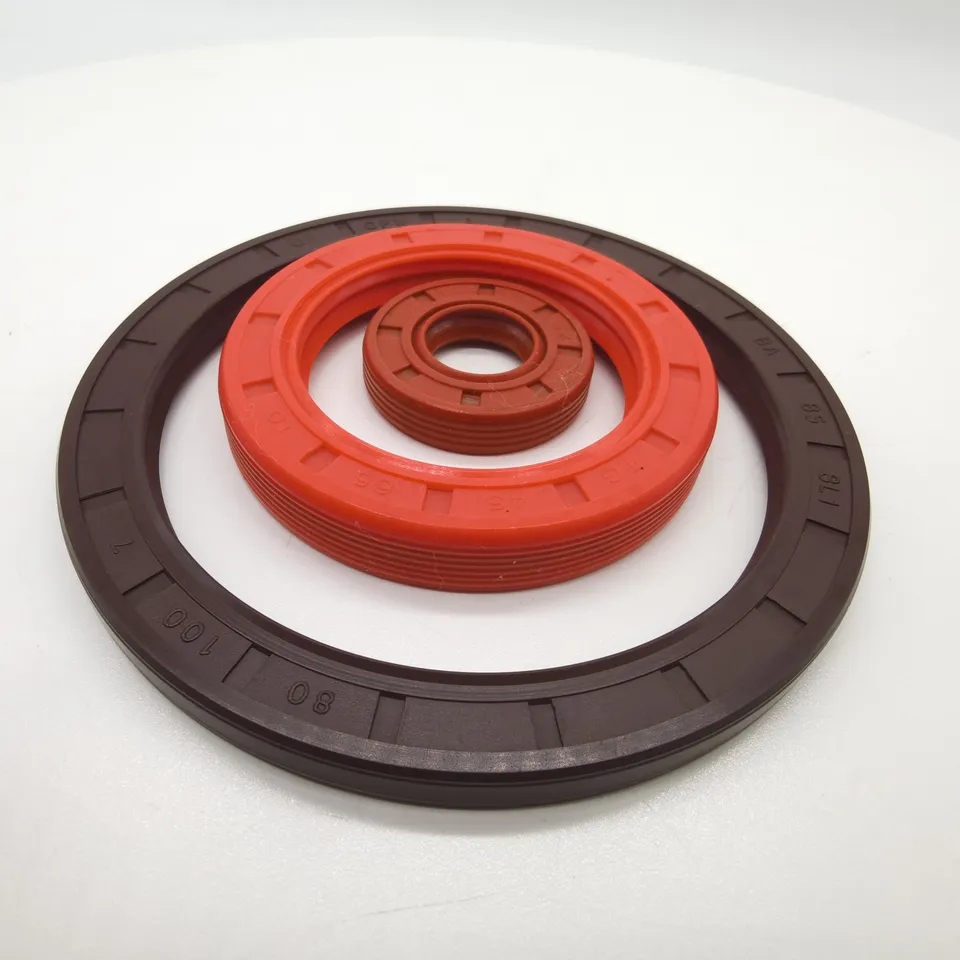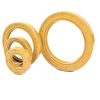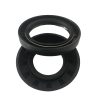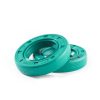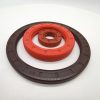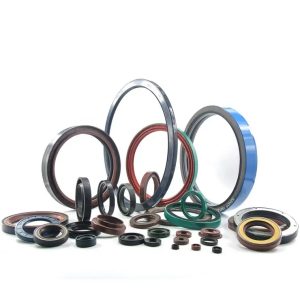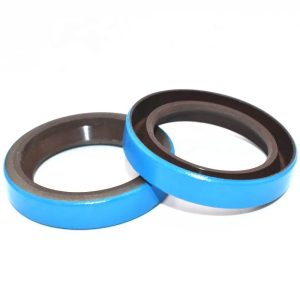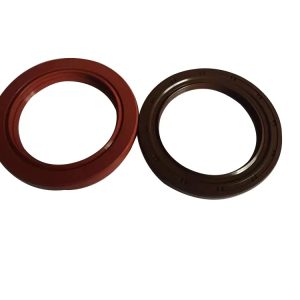Rubber Oil Seals: The Unsung Guardians of Industrial Machinery Precision
Introduction: In the world of industrial machinery, where precision and reliability are paramount, Rubber Oil Seals quietly emerge as the unsung guardians. These unassuming components play a pivotal role in safeguarding machinery, ensuring it operates seamlessly, free from costly leaks and contamination. In this article, we will delve into the world of Rubber Oil Seals, unveiling their composition, functions, and the indispensable role they play in enhancing the precision and longevity of machinery across diverse industrial sectors.
The Anatomy of Rubber Oil Seals: Rubber Oil Seals are meticulously crafted from high-quality elastomeric materials, including nitrile, silicone, EPDM, and Viton. These materials are chosen for their exceptional resilience, durability, and sealing properties. Their circular, flexible design, often featuring a lip, makes them the ideal choice for sealing applications in various industries.
The Crucial Functions:
Fluid Containment: Rubber Oil Seals excel at preventing the leakage of vital fluids, including oil, lubricants, and hydraulic fluids. Their robust sealing capabilities ensure that machinery operates with precise fluid control while minimizing costly downtime due to leaks.
Contaminant Protection: These seals act as formidable barriers against intrusive contaminants like dust, dirt, and moisture. By doing so, they protect mechanical components from wear and tear, extending the operational life of machinery.
Temperature Resilience: Rubber Oil Seals are engineered to thrive in extreme temperature conditions, making them versatile and reliable for various industrial applications.
Chemical Resistance: Their innate resistance to a wide range of chemicals is a valuable asset in safeguarding machinery from corrosion and damage, particularly in industries exposed to aggressive chemical environments.
Applications Across Industries:
Automotive: In the automotive sector, Rubber Oil Seals are found in engines, transmissions, and wheel hubs, ensuring that precision fluid control is maintained while preventing contamination, even in challenging driving conditions.
Aerospace: The aerospace industry relies on Rubber Oil Seals to maintain the precision and reliability of hydraulic systems, engines, and fuel lines, even under the extreme conditions of aviation.
Manufacturing: Industrial machinery depends on these seals to protect vital components from wear and tear, ensuring precision and durability in factories and plants.
Conclusion: Rubber Oil Seals may be the unsung guardians of industrial machinery precision, but their role in enhancing precision, longevity, and reliability is monumental. They are the quiet protectors, ensuring that machinery operates seamlessly, remains reliable, and remains free from leaks and contamination in various industrial applications. From the automotive sector to aerospace and manufacturing, Rubber Oil Seals are the unsung guardians in the intricate world of industrial machinery.
